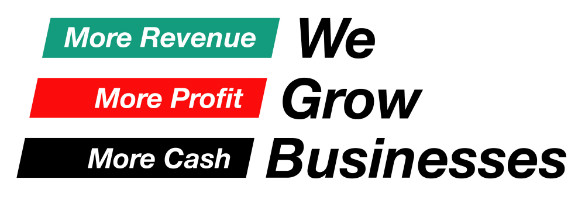Employee productivity measures output per worker over time and is an important factor in determining the potential of your business to grow. It is a complex challenge requiring solid HR practices.
In this guest blog post Anita Wynne offers a number of ways to improve employee productivity to benefit you, your business, and the economy as a whole.
Establishing the Business Direction
When the organisation knows where it is going it can formulate a plan to identify what it needs to do to get there. In the modern service economy, this will be biased towards people – what roles/functions are required; how can these be filled; what behaviours you want employees to exhibit; and how quickly you want to see results.
Establishing the Standards
It is down to the employer to outline what they want from each role – the tasks and responsibilities – but also the time frames for work to be done and the behaviours they wish employees to display. If we do not spend the time establishing exactly what the standards of performance are, we should not be surprised when employees do not exhibit them.
More ‘Immediate’ Performance Management
All employees need to hold themselves accountable for delivering the results associated with their role. However, for this to occur, employees need regular and more immediate feedback on their performance. Monthly reviews are far more effective and, although at first sight this may appear as a huge time burden, with the use of tablets or laptops, the documentation of the conversation and actions for the following month can be recorded.
Training
It is estimated that poor management accounts for around 25% of the productivity gap. With flatter organisation structures, many managers are in their roles due to their technical rather than management skills. Managers should receive training in a range of areas but in particular motivating staff; communication; setting targets; giving feedback; and managing poor performance.
Reward and Recognition Model
The final part of the coordinated solution is to recognise and reward the behaviours you want to see to increase productivity. This is more than just performance-related pay, we should think more broadly to include, for example, benefits associated with health and wellbeing.
Conclusion
All business owners want to see their businesses prosper which will inevitably involve maximising productivity. If every business adopted this coordinated approach, then productivity levels would ultimately increase both within each organisation and then collectively across the economy.

Anita Wynne is a Director of Beststart Human Resources and a Chartered Fellow of the Chartered Institute of Personnel & Development. For further advice on this complex area of Human Resources or any other related matter please call her on 01438 747 747, visit www.BeststartHR.com or email AWynne@BeststartHR.com.

